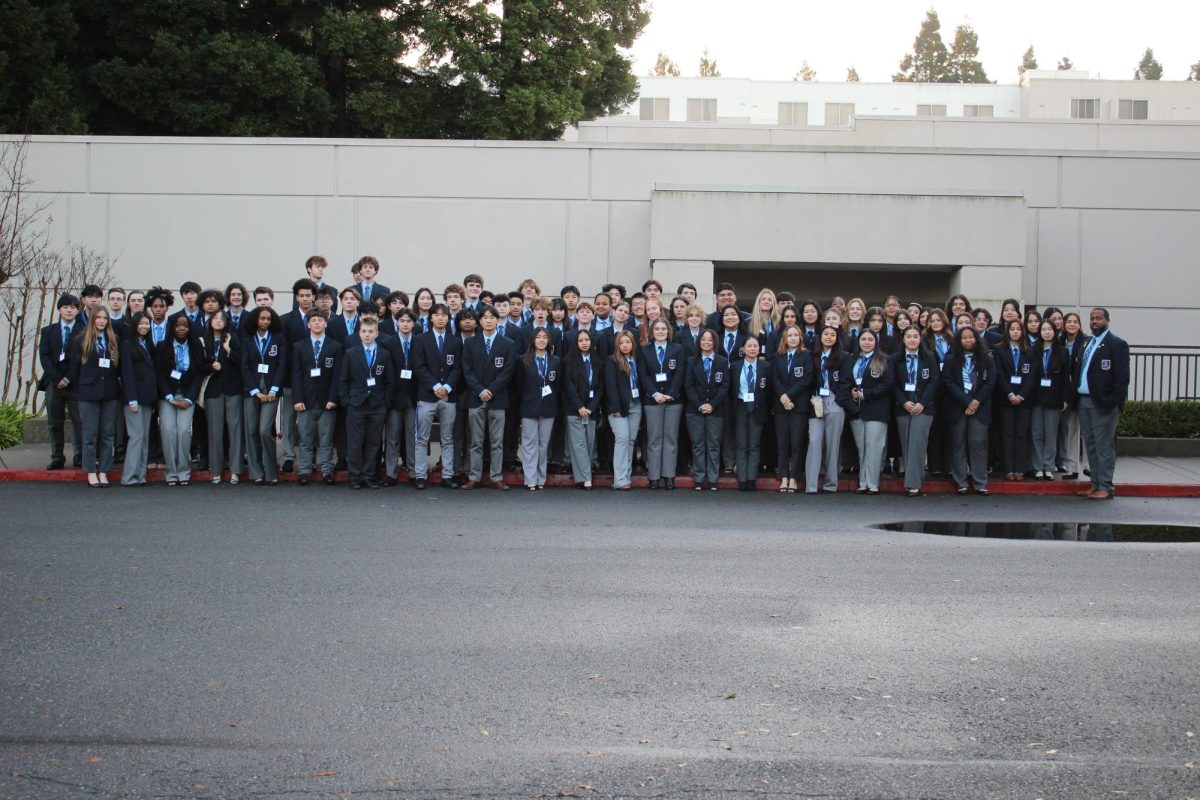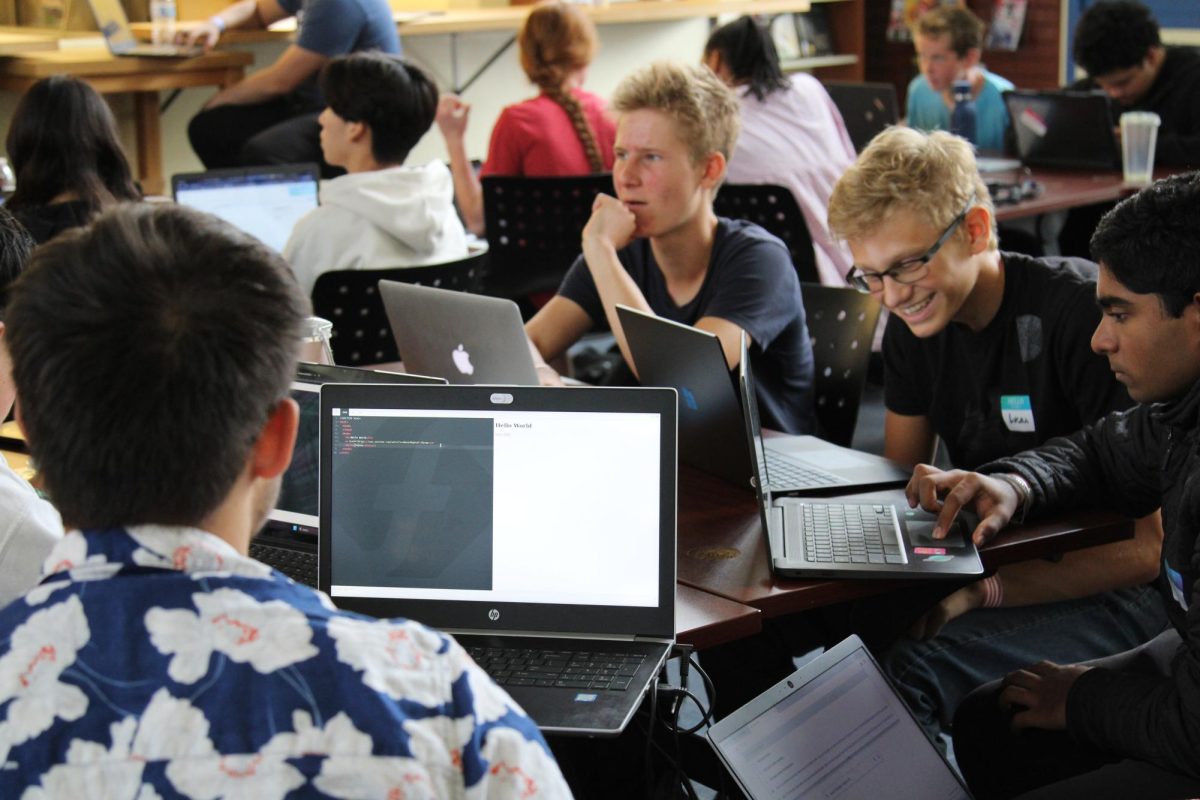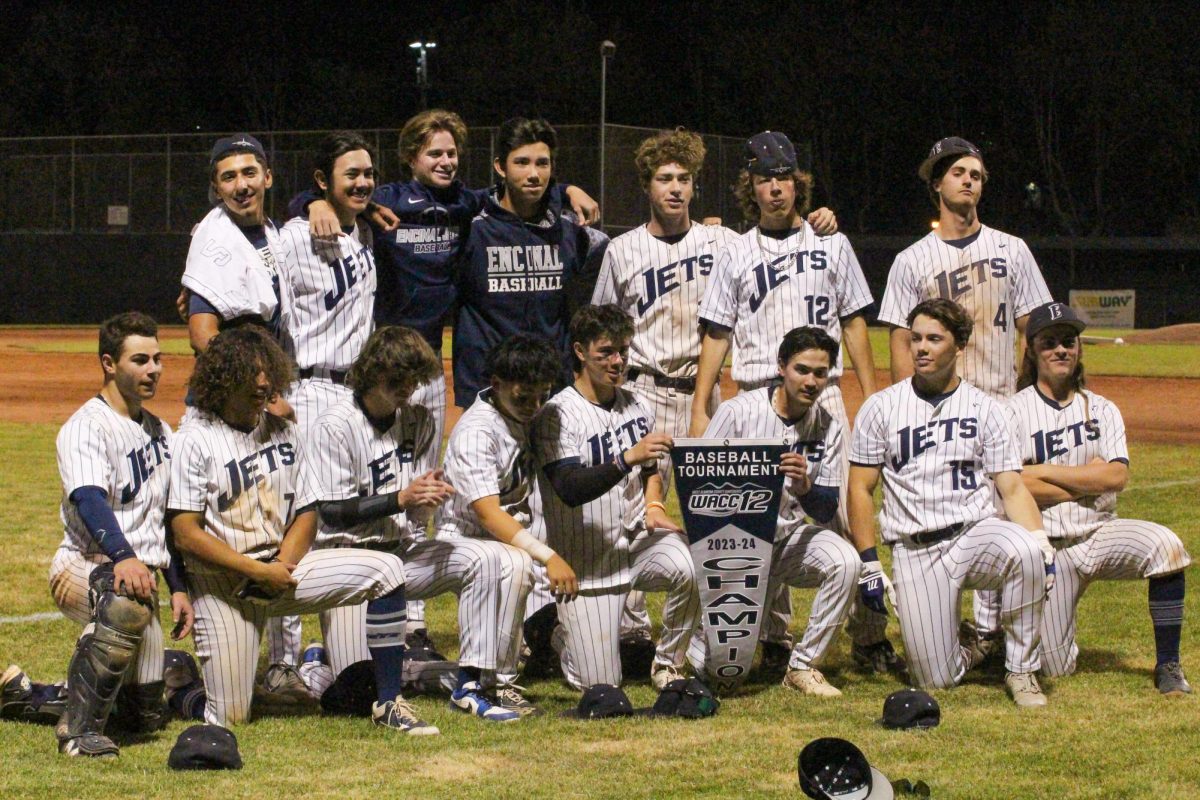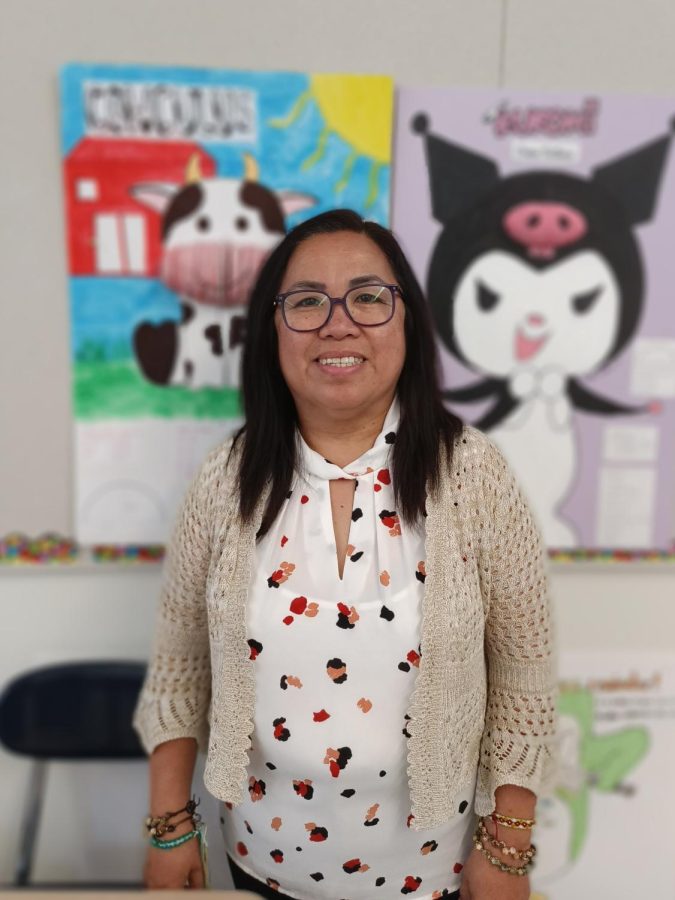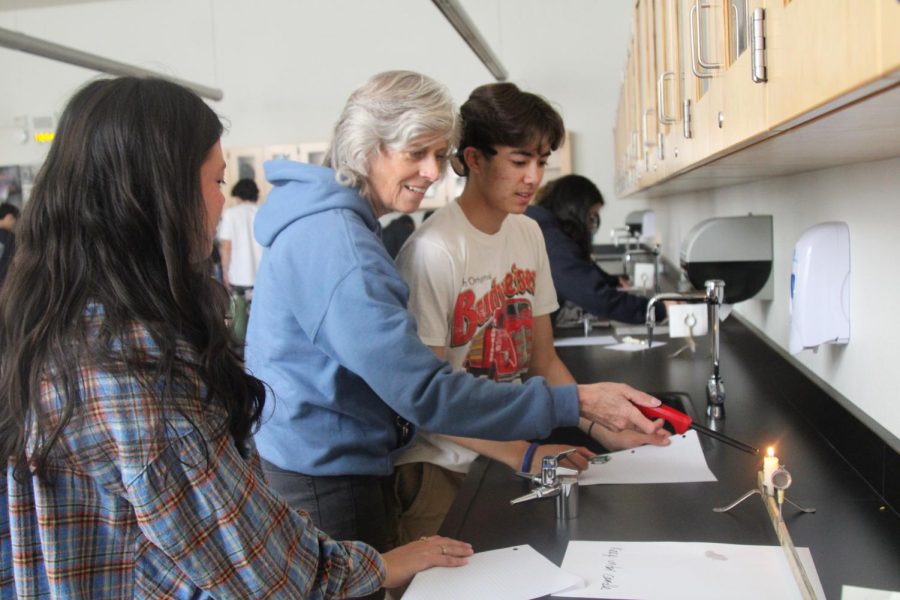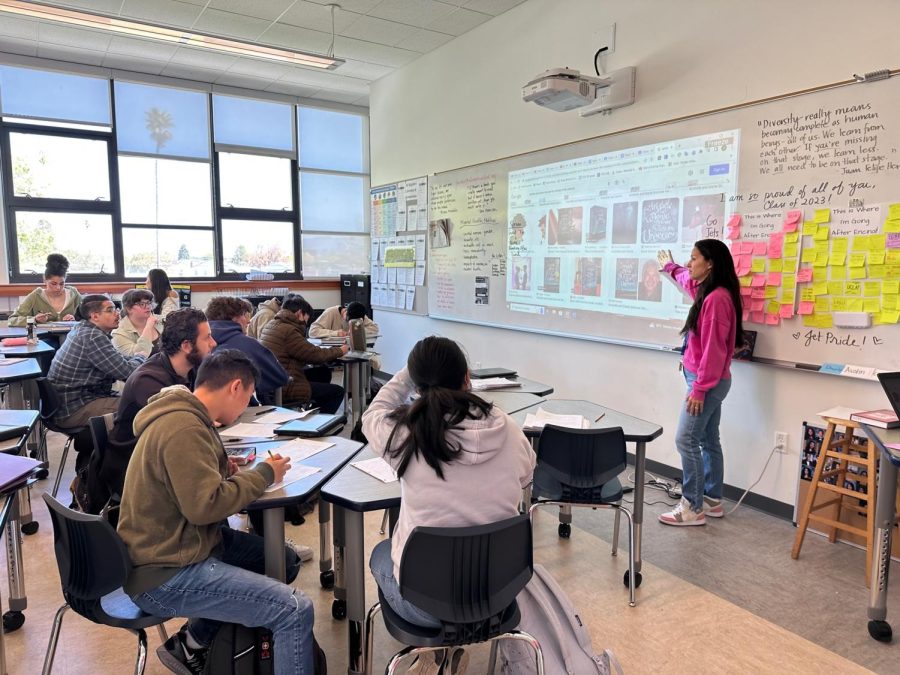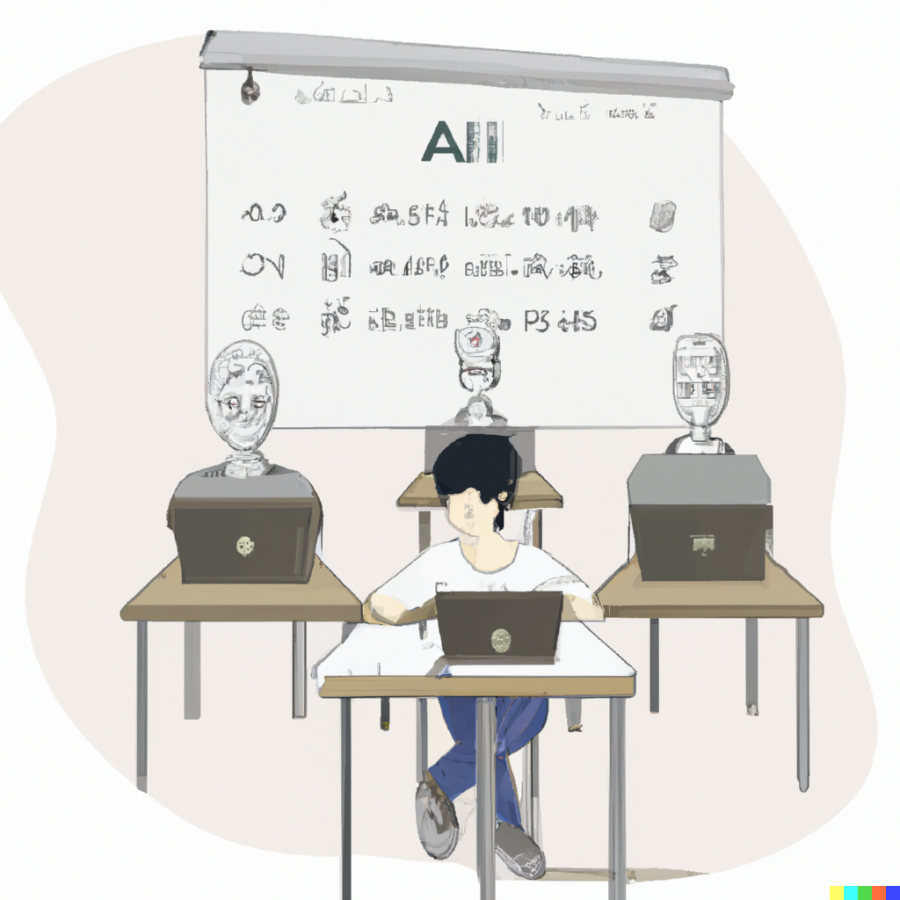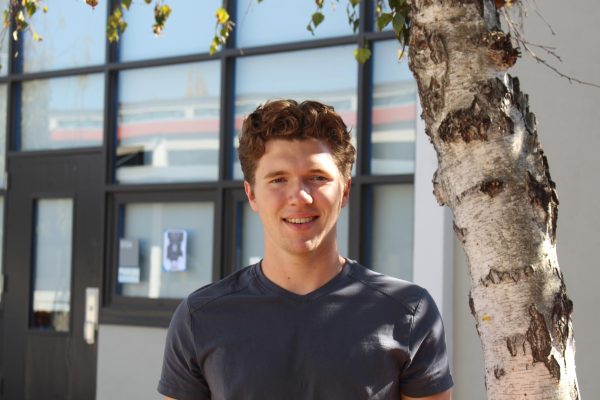What are language models?
A language model is a type of artificial intelligence model that is trained to generate text that is similar to human language. This can be useful for a variety of applications, such as machine translation, speech recognition, and text generation. Language models are trained on large amounts of text data, and they use this data to learn the patterns and structures of natural language.
Some of the capabilities of language models include the ability to generate coherent and fluent text, to understand and respond to natural language input, and to perform various language-related tasks such as summarization and translation. However, like all AI models, language models have limitations. For example, they may not be able to understand context or sarcasm, and they may not be able to generate text that is creative or outside of the scope of the training data. Additionally, language models can sometimes produce biased or offensive output if the training data contains such content.
Do language models aid cheating in school?
As technology continues to advance, new tools and methods are being developed to make learning easier and more efficient. One such area of development is in the realm of language processing, which uses artificial intelligence to understand and generate natural language. While this technology has the potential to revolutionize language education, it also raises concerns about its potential to enable cheating among students.
Language processing models are able to analyze and understand large amounts of text, and they can be trained to generate new text based on a given input. This has a number of potential applications in education, such as providing personalized tutoring or helping students with language learning disabilities. However, it also means that students could potentially use these models to generate answers to tests and assignments without actually doing the work themselves.
The use of language processing models for cheating is made even easier by the fact that many of these models are freely available online. With just a few clicks, a student could use a language processing model to generate a complete essay on a given topic, without having to do any of the research or writing themselves. This could lead to an increase in cheating in schools, as students find it easier to get away with using these tools without being caught.
Of course, it is important to note that the use of language processing models for cheating is not limited to language education. These models could potentially be used in any subject where writing is involved, including history, science, and math. This means that the potential impact of this technology on education is much broader than just language learning.
Overall, while language processing technology has the potential to greatly improve language education, it also has the potential to make cheating easier for students. As this technology continues to develop, it will be important for educators and policymakers to carefully consider the potential implications and take steps to prevent its misuse.
What this means for students and teachers
If you need any convincing these models are nearly indistinguishable from human writing, just look at the two sections above. Both were written entirely by a state-of-the-art language model called ChatGPT in response to the command “write an article on how language models could promote cheating in school.” The chatbot generated both unique sections in less than 10 seconds. ChatGPT is a language model created by OpenAI, a San Francisco-based company founded in 2015 by a group of investors, researchers, and entrepreneurs, including Elon Musk and Sam Altman. Using the new technology is as simple as going to the ChatGPT website, signing up for an account, and asking a question.
Given how easy the service is to use, a large number of students are already familiar with the new technology. Many students I interviewed about their experience using ChatGPT do not want to be identified as this technology exists in a gray area regarding its academic integrity.
“In school, it helps me answer questions, proofread, and draft essays. It is especially useful for creating debate arguments,” said a student who wished to remain anonymous.
“If the AI writes an article that uses a few too many big words to pass as your own, you can just ask it to dumb it down a bit or if you need it to do certain things on a checklist, just tell it what you want, and it will do it,” another anonymous student added.
ChatGPT is already blocked on Encinal’s WiFi and Chromebooks but students can still access the technology at home on their personal devices.
According to Encinal’s Academic Integrity Policy, plagiarism is “copying another person’s words, artistic expressions or ideas and presenting them as your own.” This language makes it unclear whether or not the use of technology such as language models is considered plagiarism. Due to the vagueness of the rules surrounding the use of this new technology, the district and teachers must address the use of language models and define to what extent they are allowed to support students in their classes.
My suggestion? Language models should not be completely restricted. I believe this for the same reason that most math teachers allow the use of calculators in their classes. There are times when knowing your multiplication tables will be helpful. Still, nearly everyone these days has a calculator in their back pocket, making memorization of your multiplication table a plus rather than a necessity. Yes, traditional writing skills are important for various reasons, including, but not limited to, the ability to help students communicate effectively and improve their critical thinking ability. But that does not change the fact that effectively using this technology is becoming increasingly important to the point where it will likely be just as important as traditional writing skills in the near future.
Currently, language models can quickly produce unique and plagiarism-free writing. Many students have already discovered and utilized this technology for various academic purposes, including answering questions, proofreading, drafting essays, and creating debate arguments. Now it is the responsibility of teachers to address and define the extent to which language models are allowed to support students in their classes. Teachers should work together to decide what would be most beneficial to the success of their students while keeping in mind that it will be impossible to completely stop the use of this technology. Until then, happy writing.
If you’re interested in learning more about the capabilities and limitations of AI, such as language models, I recommend watching ColdFusion’s “It’s Time to Pay Attention to A.I.“
ChatGPT contributed to this article.




